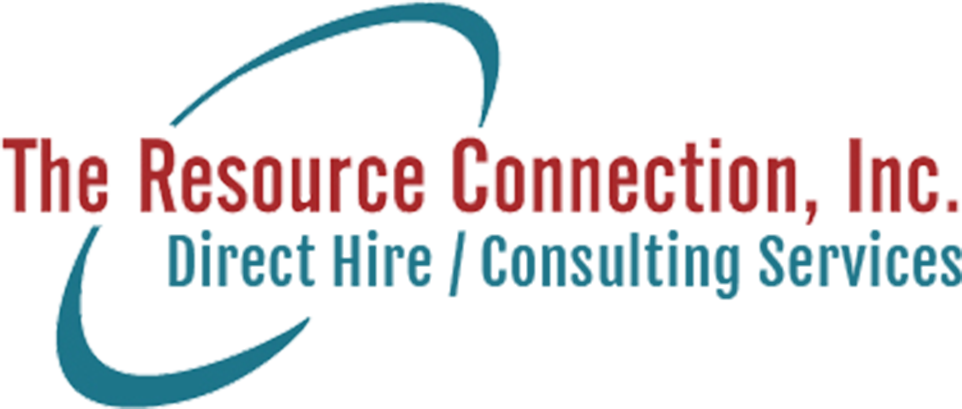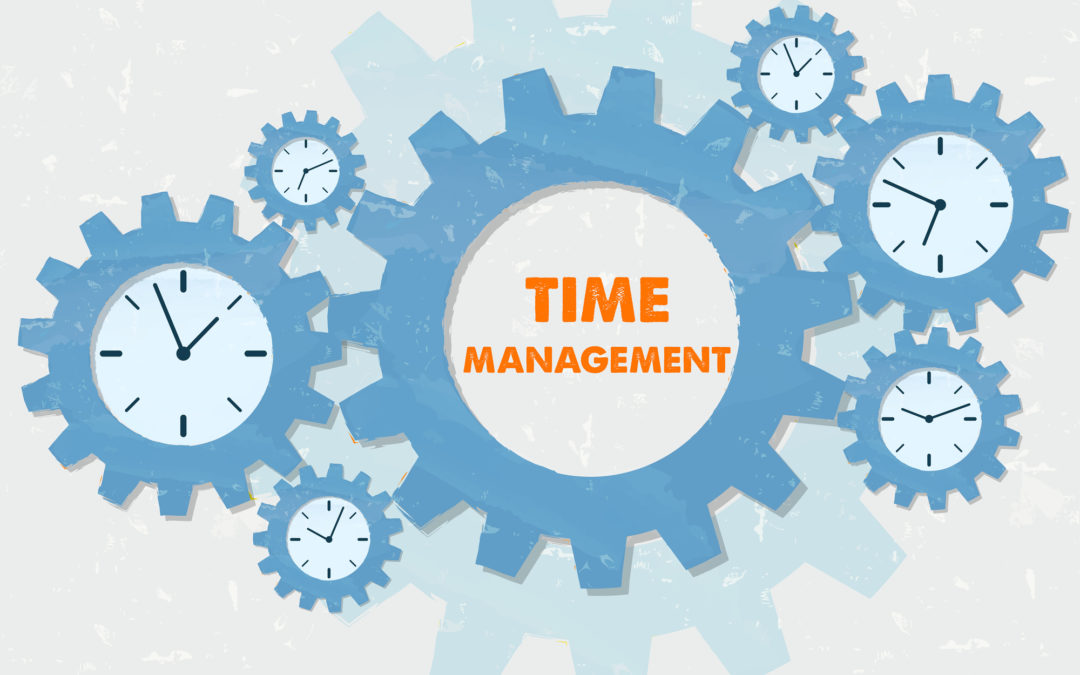In the recent times, while leisure time is decreasing, working time is on the rise. While working more does not necessarily translate into higher productivity, it can lead to stress, poor work life balance, and disengagement.
As studies show, happy and engaged employees are three times more creative and productive. Success at work depends on wise time management. Here are some tips to help you optimize your time and be more productive at work.
Clear the clutter:
Per recent estimate, on average, a person spends 1.5 hours in a day looking for misplaced things on his or her cluttered or messy desk. This translates to more than seven hours in a week of hunting for things, forgetting important tasks and being distracted! Organizing the work desk is on the top of the list of best practices to eliminate wasteful and repetitive tasks. And, also to use time in a more productive way.
Eliminate distractions:
In an hour, an employee deals with up to seven interruptions which translate to about fifty interruptions in a day. The average duration of each interruption is about five minutes. As a result, a person spends 50 percent of the work hours in such interruptions. About 80% of these interruptions are rated by employees to be of little or no value. This means that up to four hours at work is spent doing nothing! Recognizing these and avoiding them is key to managing time well.
Minimize meetings:
Unproductive meetings have been the bane of US. businesses. Recent reports from Inc. and Fuze show on average 25 million meetings are held in the US. every day! Businesses spend close to $37 billion each year on meetings. And, most executives considering 67 percent of those to be a waste of time. According to another estimate, nine out of ten people who attend meetings daydream or pretend to be taking notes.
To optimize time and to be more productive, it is important to prioritize only those meetings that are absolutely necessary. Cut out unnecessary ones whenever possible. Successful supervisors optimize time by setting a clear agenda and goals for the meeting while capturing action points. With technology and tools available, holding virtual meetings only when necessary is also a great way to cut down on wasteful meetings.
Clarify goals:
Whether you are a temporary or permanent employee, your success at work depends on clarity that you have on your goals and objectives. Be clear about what you are expected to do individually or as a team. Otherwise, you may waste a considerable amount of time doing tasks that are not aligned with your goals. List out major and minor work goals and prioritize your work accordingly to ensure you utilize your time effectively.
Make to-do lists:
Many successful employees, CEOs, and leaders advocate making a “to do” list each day. They base the lists on individual and company goals. These lists help them have a clear agenda for each day. This helps ensure that the most important tasks get done on time.
Planning ahead, delegating work as required and learning to say “no” to unnecessary meetings or distractions are some of the best practices to manage time better.

